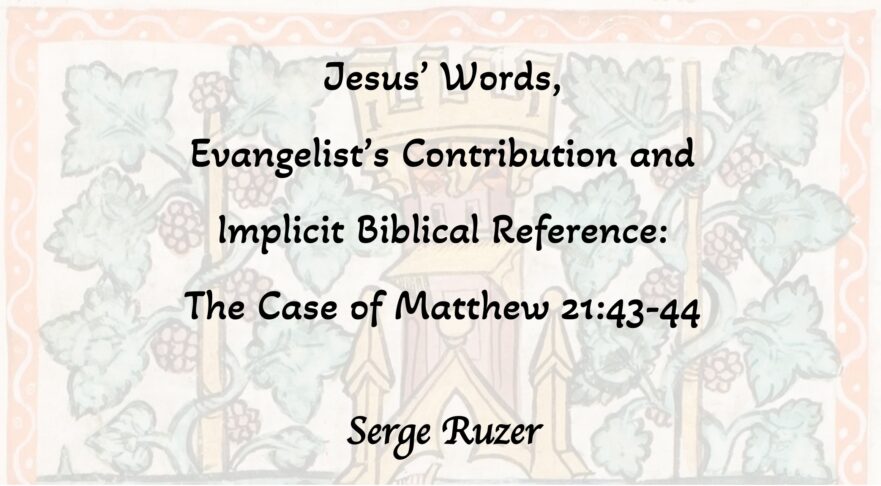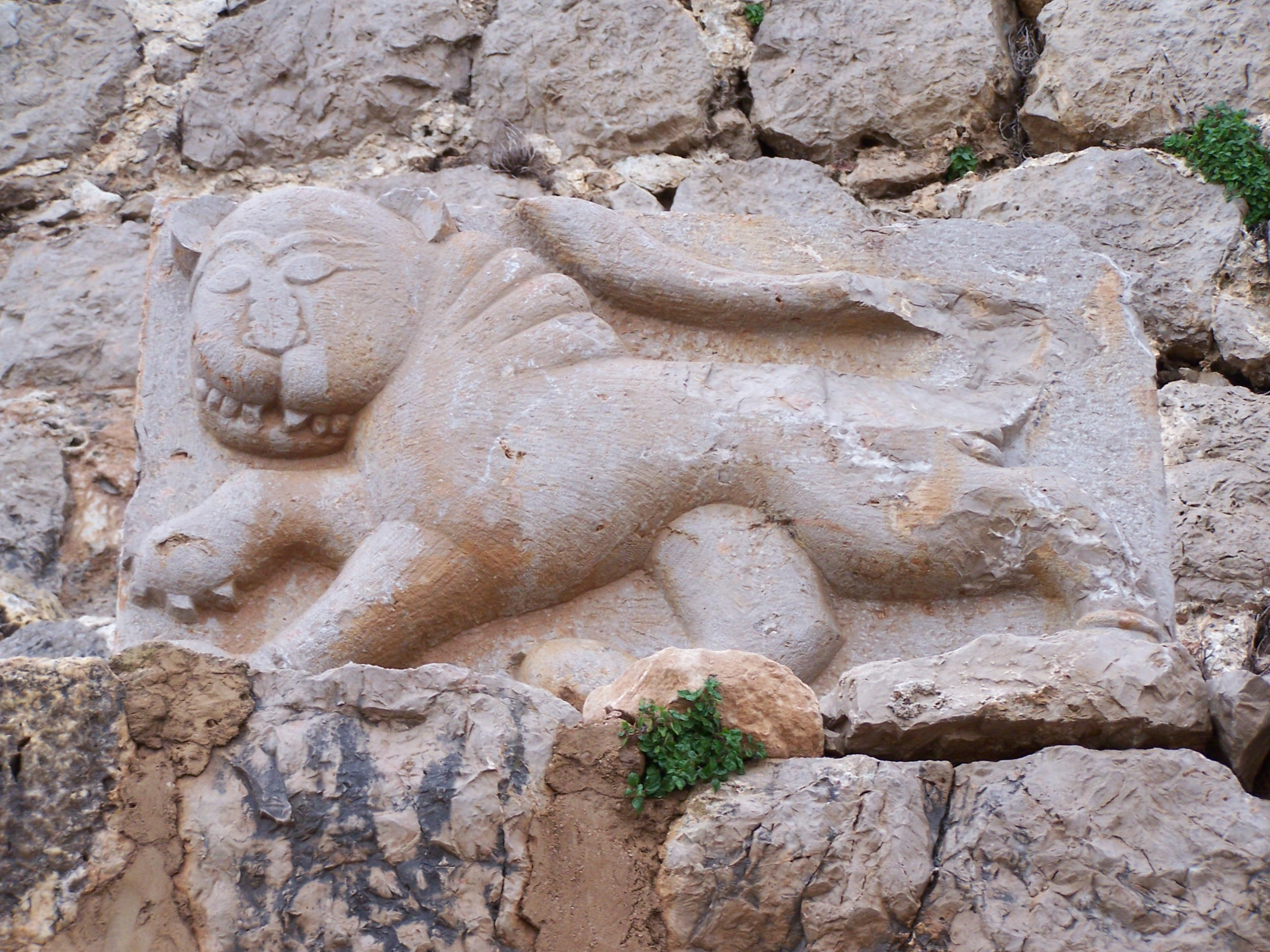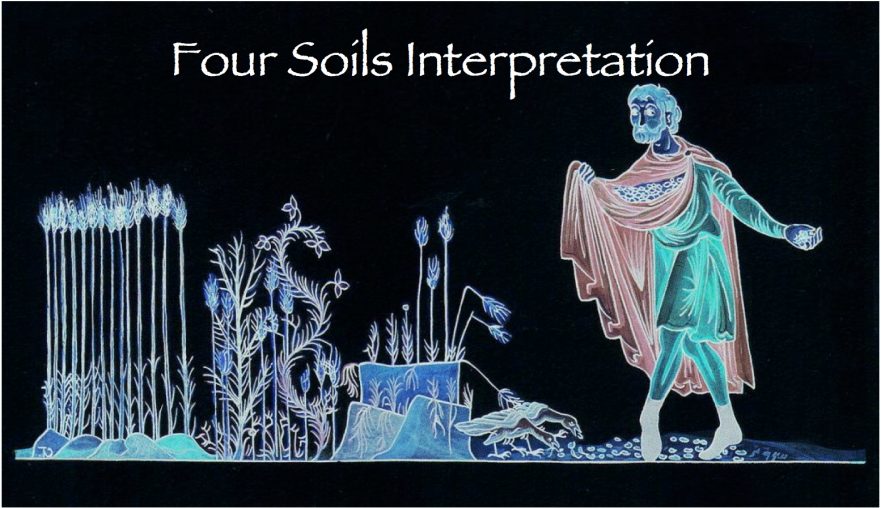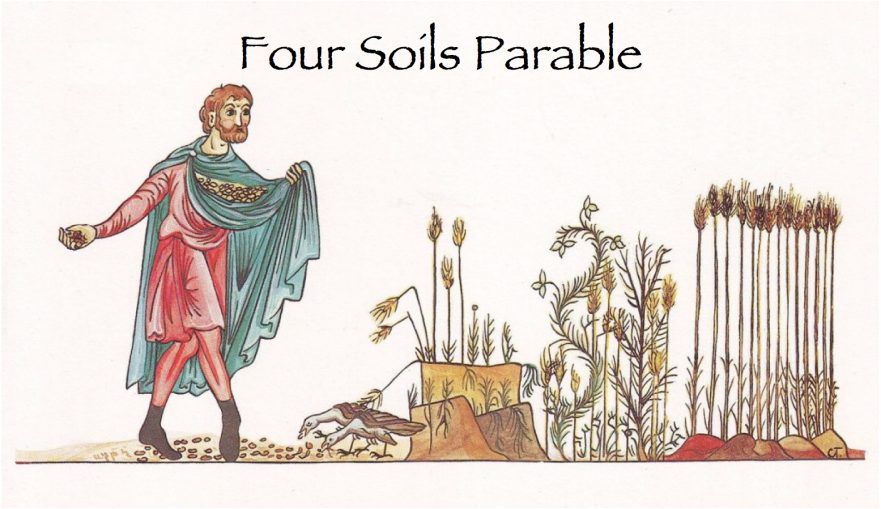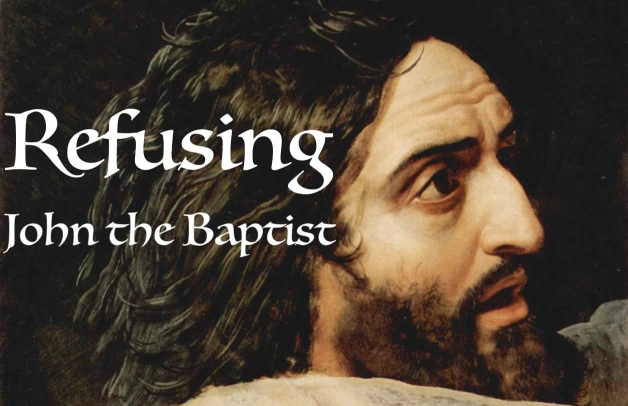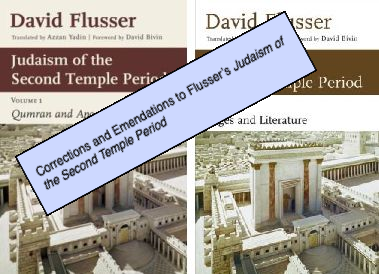.), “The day is short and the work is great, but the workers are lazy; however the wages are high since the owner is in a hurry” (Avot 2:15), is very similar to Jesus’ saying in Matthew 9:37-38, “The harvesting is great and the workers are few. …
Jesus’ teaching in Matthew 7:24-27 that good deeds are necessary along with knowledge (“Everyone who hears these words of mine and does them is like…. … (Avot 2:4)
There is a striking similarity between this saying and the sayings of Jesus in Matthew 6:10 (“Let your will be done in heaven and on earth”)For a discussion of the rabbinic background to the entreaty, “Let your will be done in heaven and on earth,” see Brad Young, “The Lord’s Prayer (6): ‘Thy Will Be Done,'” Jerusalem Perspective 14 (Nov. 1988): 1-2.


